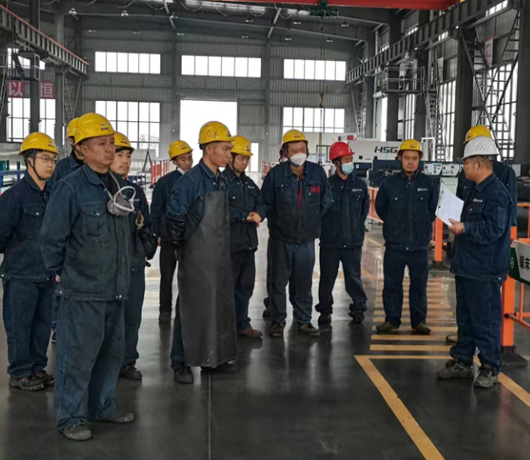Performance Optimization
Suitable materials enhance the conveyor component's performance by reducing friction losses and increasing load-bearing capacity.

Suitable materials enhance the conveyor component's performance by reducing friction losses and increasing load-bearing capacity.
Proper material choices increase the conveyor component's lifespan, reducing maintenance costs and downtime.
Using economical and durable materials lowers the overall costs of the conveyor component, including procurement, operation, and maintenance.
Different application environments require different types of materials; selecting the right materials improves the stability and reliability of the conveyor component under various working conditions.
Cost-effective:Carbon steel is an economical choice suitable for general industrial applications.
Versatile:It offers good strength and wear resistance, making it suitable for medium loads and typical operating environments.
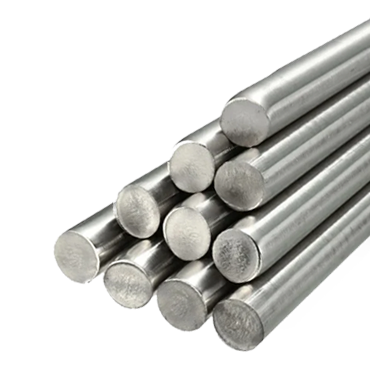
Strong corrosion resistance:Stainless steel excels in resisting corrosion, ideal for humid and corrosive environments.
Hygienic:It is well-suited for applications requiring high sanitary standards, such as food processing and medical equipment.
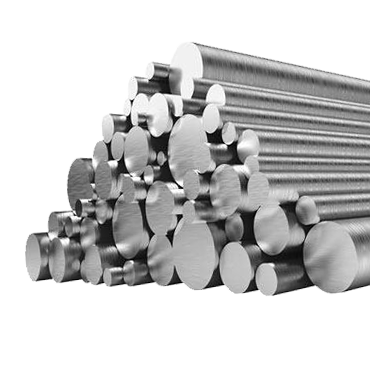
High strength:Alloy steel offers excellent strength and hardness, suitable for high-load and high-strength applications.
Excellent wear resistance:It performs well in resisting wear and is suitable for handling heavy loads and rough environments in conveying tasks.
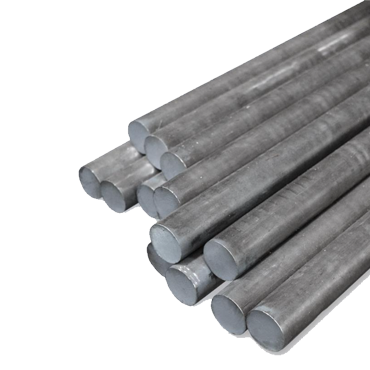
Lightweight design reduces energy consumption and noise.
Excellent chemical stability, suitable for corrosive environments or special applications.
Non-conductive, ideal for the electronics industry and specific industrial applications.
The choice of each material depends on specific application requirements and environmental conditions to maximize the performance and durability of conveyor components.
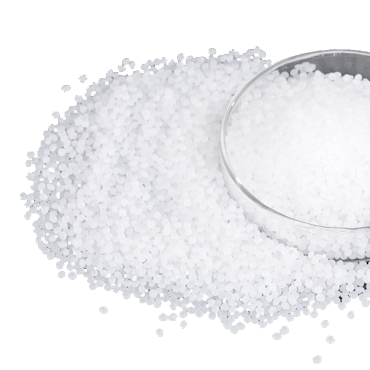
Gain a thorough understanding of the product design requirements, including dimensions, shapes, and structural aspects.
Choose appropriate mold materials based on product characteristics and operational environments, such as metals, plastics, silicones, ensuring properties like wear resistance and corrosion resistance.
Employ advanced manufacturing techniques such as CNC machining, EDM (Electrical Discharge Machining), etc., to ensure precision and stability of the molds.
Strive for optimal cost-effectiveness while maintaining high quality, through efficient design and manufacturing process optimizations.
Rigorously test and validate the manufactured molds to ensure they meet product requirements and production needs, including dimensional accuracy, longevity testing, etc.
Establish robust mold management practices, including regular maintenance, repair, and optimization, to ensure long-term operational stability and production efficiency.
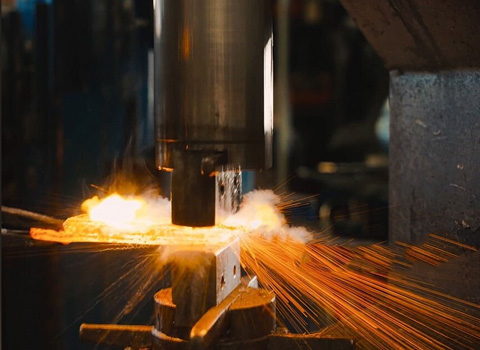
Forging is a manufacturing process where metal is shaped by compressive forces. This is typically done by heating the metal and then hammering, pressing, or rolling it into the desired shape. The process improves the metal's strength and durability, making it ideal for producing high-strength components used in various industries.
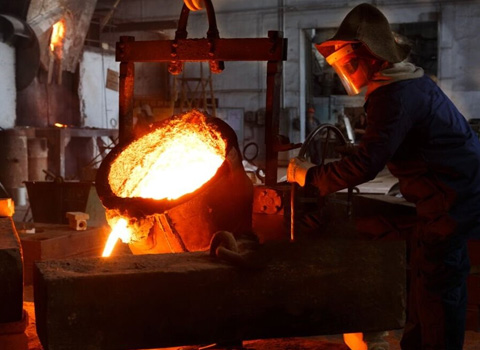
Casting process where molten metal is poured into a mold to take its shape as it cools and solidifies. This method is used to create complex shapes that would be difficult to achieve with other manufacturing processes.
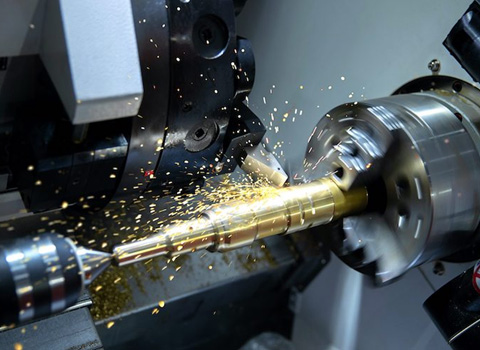
Employ high-precision CNC machine and tools, combined with sophisticated machining procedures and techniques, to achieve high-quality processing and surface finish.
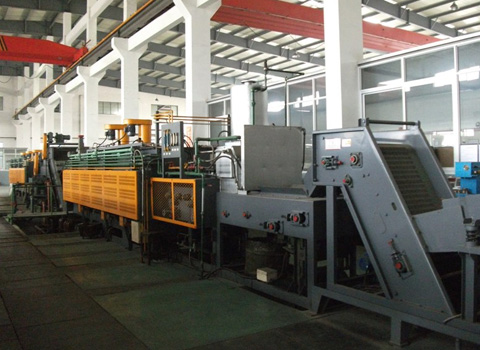
Possess specialized heat treatment equipment and process knowledge to precisely control heating and cooling processes, achieving desired metal structures and properties.
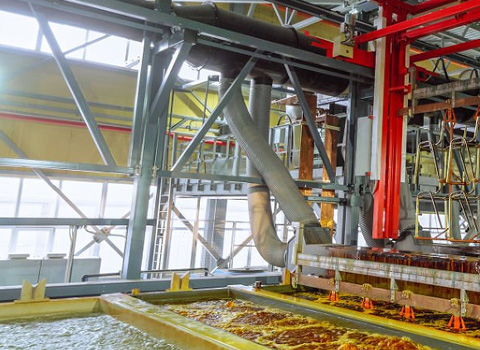
Surface treatment process applied to the surface of a material to improve its appearance, adhesion, corrosion resistance, or other properties. This can include techniques such as painting, plating, anodizing, or coating. Surface treatments are manufacturing to enhance product performance and longevity.
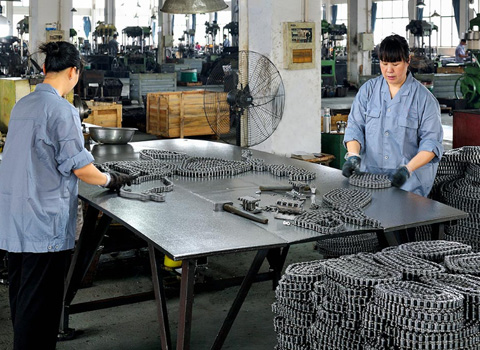
Design and use packaging solutions tailored to product characteristics and transportation methods, ensuring safe and intact products during shipping and storage.
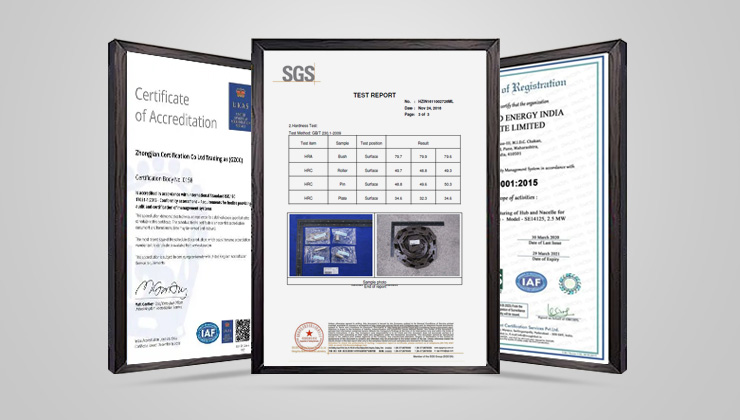
At CamelConvey, our commitment to quality begins with our exceptional product engineering. When designing our conveyor systems, our primary focus isn't on finding the cheapest solution but on identifying the most suitable approach for the intended application. We recognize that our customers often face challenging conditions such as high temperatures, severe corrosion, and heavy loads. Therefore, our designs are tailored to consistently produce high-quality, durable products that not only meet but exceed these requirements.
Choosing high-quality materials and ensuring they meet design and performance requirements. This includes rigorous supplier selection and regular material inspections.
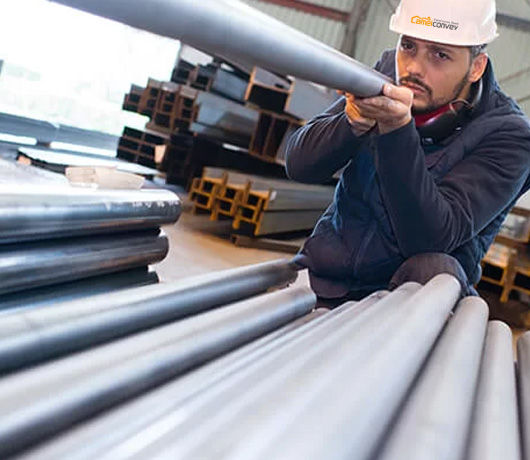
Utilizing advanced manufacturing equipment and precise process controls to ensure each stage of machining and assembly meets standards.
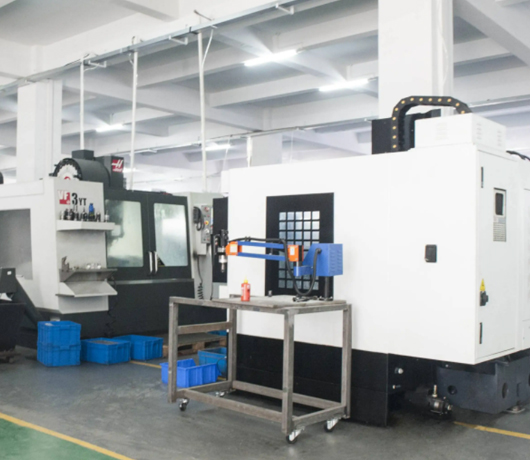
Implementing comprehensive quality control procedures including self-inspections, mutual inspections, and regular sampling to ensure products meet specified quality standards.
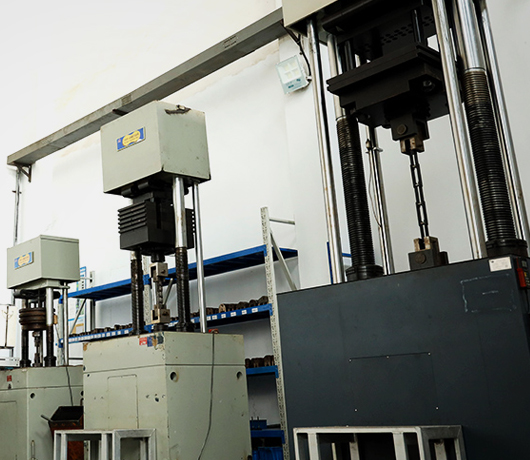
Establishing feedback mechanisms to collect and analyze data and customer feedback during the production process, continuously improving product design and manufacturing processes.

Providing necessary training and opportunities for skill development to ensure employees understand and adhere to quality standards, thereby reducing human errors.
